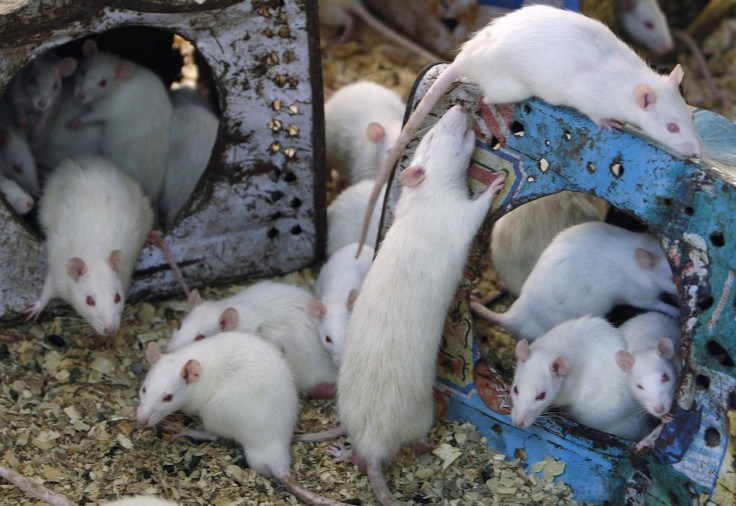'Breakthrough' Acid Stem Cell Study: Something is Grossly Wrong

Ground-breaking research that originally promised a huge leap in stem cell research has been dealt another blow this month after further irregularities in the authors' findings were discovered.
In January, Haruko Obokata of the Riken Centre for Developmental Biology in Japan said she had produced two stem cell lines from mice by washing mature cells in acid - a safer and easier way of reprogramming mature cells to an embryonic state.
At the time, researchers said the findings were hugely important for the future of stem cell therapy and its ability to fight diseases.
However, shortly after publication, the Riken centre's president, Ryoji Noyori, was forced to apologise for what he called "sloppy" work after the first irregularities in the findings emerged. A subsequent investigation was launched following complaints of duplicated images and failed attempts to copy her findings.
According to Nature magazine, investigators have now found that the two stem cell lines came from different strains, suggesting the papers came from different mouse strains to what was claimed.
"Something is grossly wrong," says Hiromitsu Nakauchi, a University of Tokyo stem cell researcher.
Teruhiko Wakayama from Yamanashi University, who collaborated on the papers, performed genetic analysis on the stem cell lines. He told Nature that he had expected a genetic match between the stem cells and the source mice, but that this was not the case.
"This is really, really confusing... so far I do not see any proof of misconduct. Moreover, I am still not convinced that [the findings] are bogus"
Biologist Hans Scholer
If verified, the findings suggest contamination rather than a breakthrough in stem cell research.
As well as the two papers in question, Riken is also investigating previous work by Obokata. The researcher has not yet retracted the papers because she insists they show a real phenomenon, despite a dozen biologists failing to duplicate her findings.
Wakayama said his genetic tests were "just simple preliminary tests done in his own laboratory" and that they have not been officially verified.
However, commenting on his initial findings, he said "this discovery was a shock".
The two mismatched cell lines were not part of the Nature studies, but were involved in Obokata's preliminary experiments in the build up to the publication.
"This result does not call into question the Nature papers," Wakayama said.
Hans Scholer, from the Max Planck Institute for Molecular Biomedicine in Münster, Germany, who was not involved in the research: "This is really, really confusing, [but] so far I do not see any proof of misconduct. Moreover, I am still not convinced that [the findings] are bogus."
© Copyright IBTimes 2025. All rights reserved.






















